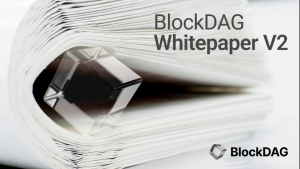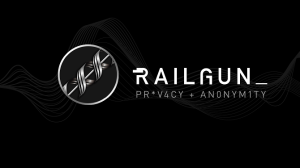FCA fines Santander UK £107 million for allowing money laundering of £298 million
“Santander’s poor management of their anti-money laundering systems and their inadequate attempts to address the problems created a prolonged and severe risk of money laundering and financial crime.”

The FCA has fined Santander UK £107,793,300 after it found serious and persistent gaps in its anti-money laundering (AML) controls, affecting its Business Banking customers.
Santander was found to have failed to properly oversee and manage its AML systems, which significantly impacted the account oversight of more than 560,000 business customers, between 31 December 2012 and 18 October 2017.
No proper verification or monitoring
The bank’s systems were not capable of adequately verifying the information provided by customers about the business they would be doing. The firm also failed to properly monitor the money customers had told them would be going through their accounts compared with what actually was being deposited.
Mark Steward, Executive Director of Enforcement and Market Oversight at the FCA, said: “Santander’s poor management of their anti-money laundering systems and their inadequate attempts to address the problems created a prolonged and severe risk of money laundering and financial crime. As part of our commitment to prevent and reduce financial crime, we continue to take action against firms which fail to operate proper anti-money laundering controls.”
Santander UK allowed money laundering to take place
In one case, a new customer opened an account as a small translations business with expected monthly deposits of £5,000. Within six months it was receiving millions in deposits, and swiftly transferring the money to separate accounts.
Although the account was recommended for closure by the bank’s own AML team in March 2014, poor processes and structures meant that this was not acted upon until September 2015. As a result, the customer continued to receive and transfer millions of pounds through its account.
Santander agreed to a request from law enforcement to keep the account open in September 2015, however, it failed to keep track of this request and the account remained open until the FCA wrote to Santander in December 2016.
More than £298 million in ‘red flag’ accounts
The FCA identified several other Business Banking accounts which Santander failed to manage correctly, leaving the bank open to serious money laundering risk. There were also examples of the bank failing to promptly deal with ‘red flags’ associated with suspicious activity, such as automated monitoring alerts.
These failures led to more than £298 million passing through the bank before it closed the accounts.
Santander knew that there were significant weaknesses in its AML systems and controls and began a programme of improvements in 2013. While these changes resulted in some improvements, Santander concluded that the changes did not adequately address the underlying weaknesses and, in 2017, decided to implement a comprehensive restructuring of its processes and systems. Santander UK continues to invest in its ongoing transformation and remediation programme.
Santander has not disputed the FCA’s findings and agreed to settle, which means it has qualified for a 30% discount. Without the discount, the financial penalty would have been £153,990,400
As part of its role to protect consumers and the market, the regulator has repeatedly stepped in and penalised firms for poor management of their AML systems. For example, it has fined Standard Chartered Bank £102.2 million, HSBC Bank plc £63.9 million, and its investigation led to NatWest being fined £264.8 million.









